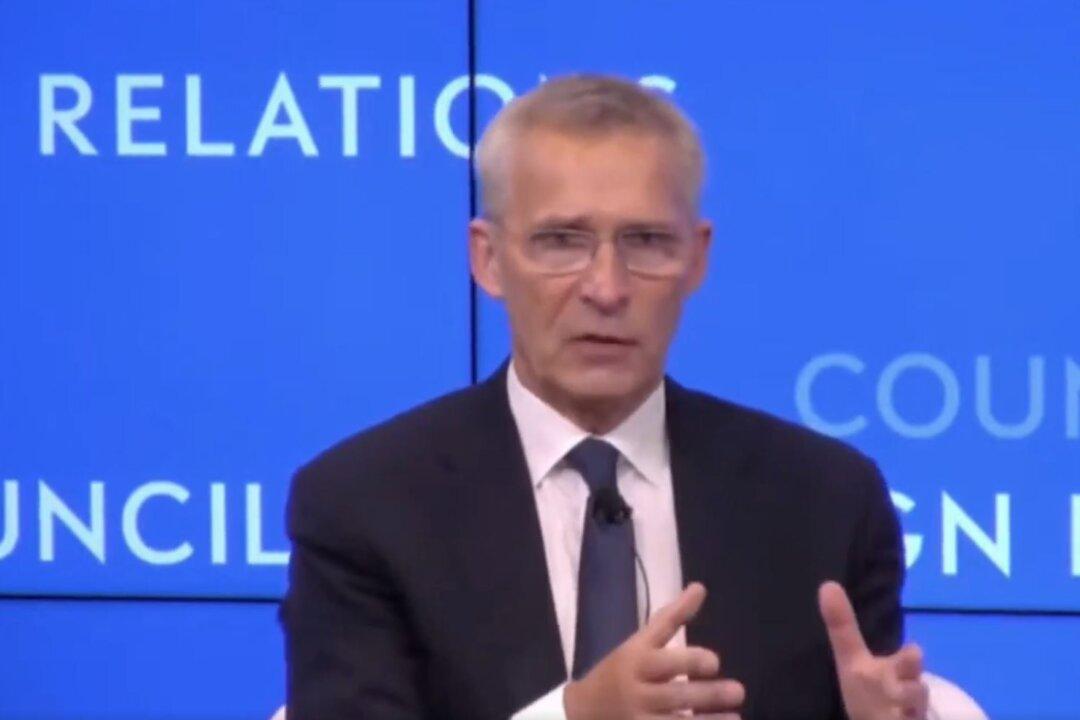NATO should brace for “bad news” coming out of Ukraine, Jens Stoltenberg, secretary general of the Western military alliance, has said.
“Wars develop in phases,” Mr. Stoltenberg told Germany’s ARD public broadcaster in a Dec. 3 interview.

NATO should brace for “bad news” coming out of Ukraine, Jens Stoltenberg, secretary general of the Western military alliance, has said.
“Wars develop in phases,” Mr. Stoltenberg told Germany’s ARD public broadcaster in a Dec. 3 interview.